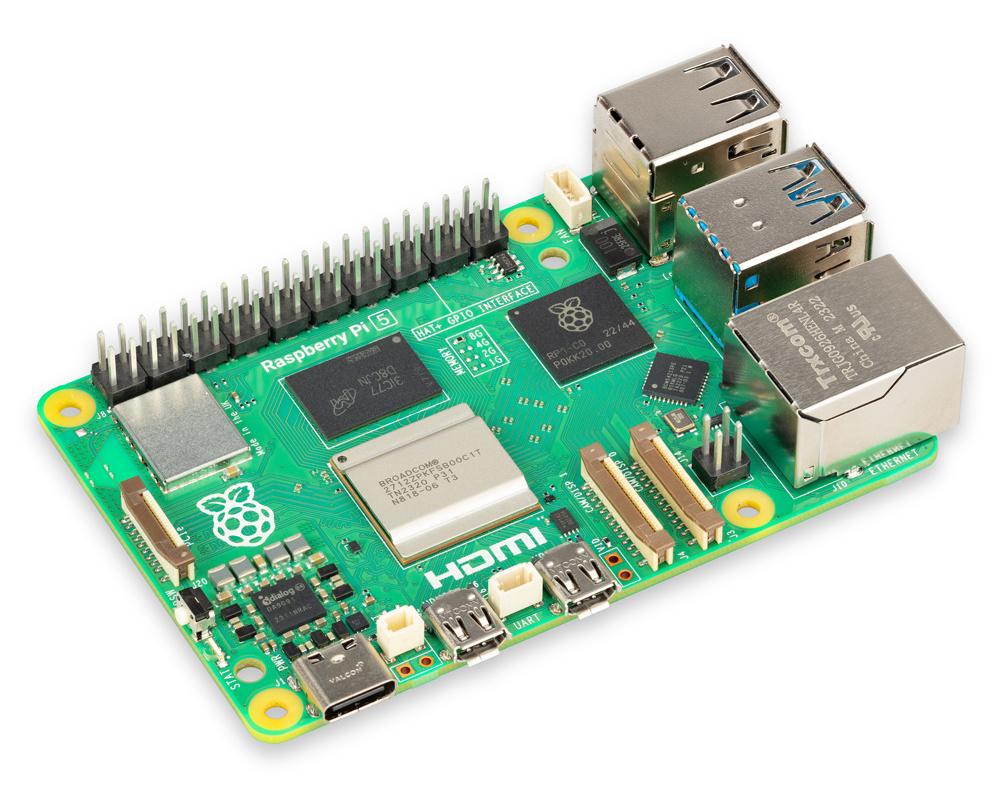Single-Board Computers
The Raspberry Pi – who popularized this style of computer – currently sell three versions of their board: 3B+, 4, and 5. Other options include: similar vendors such as Banana Pi, Orange Pi and Pine Board; the completely open hardware Libre Board; the Asus TinkerBoard and the Texas Instruments Beagle Board.
Great for hosting a small server where you run services only for yourself.
Your experiences may vary.
Always make sure to test for stability when installing new services.
These computers are reasonably priced with decent specifications.
- Price Range: $35 to $200
- Minimum Specs: 1.2GHz 64-bit ARM quad-core system-on-a-chip; 4GB of RAM; 32GB of Class 10 SDXC flash memory; 1Gbit Ethernet.
- Recommended Specs: 1.8GHz 64-bit ARM quad-core system-on-a-chip; 8GB of RAM; 128GB of Class 10 SDXC flash memory; 1Gbit Ethernet.
- Where To Buy: AdaFruit, LoveRpi, CanaKit, SparkFun, AmeriDroid, and other online marketplaces.
This class of commodity computers use ARM processors that are part of a system-on-a-chip. They are extremely power efficient with performance specifics being dependent on the model you purchase. Generally, the are powered using a USB connector and a high-quality cable.
By default, many come with an Ethernet port, Wi-Fi, Bluetooth, USB, HDMI and 3.5mm audio output. These board also come with a GPIO port which offers programmable pins for HAT add-ons and project development.
- Home Server: Use a Raspberry Pi 4 for Home Assistant to manage your smart devices and Grocy to keep track of your kitchen inventory.
- Personal Cloud: The Raspberry Pi 5 and a USB 3.0 Hard Drive can be a personal OwnCloud server for your calendar, contacts and files. Add Collabora to edit documents, slideshows and spreadsheets directly in your browser.
- Personal Website: Use the Raspberry Pi 3B+ to host a basic website or personal resume from home.
- Personal Wiki: Use the Libre Computer Solitude for hosting your own BookStack to keep track of your personal knowledge.
Single-board computers work well for small servers, but can struggle under heavy or consistent usage. While cost-effective, they are also examples of minimalist computer systems with adequate processing power to match. You may experience the occasional stutter, but these computers can run for months without needing to be restarted.

